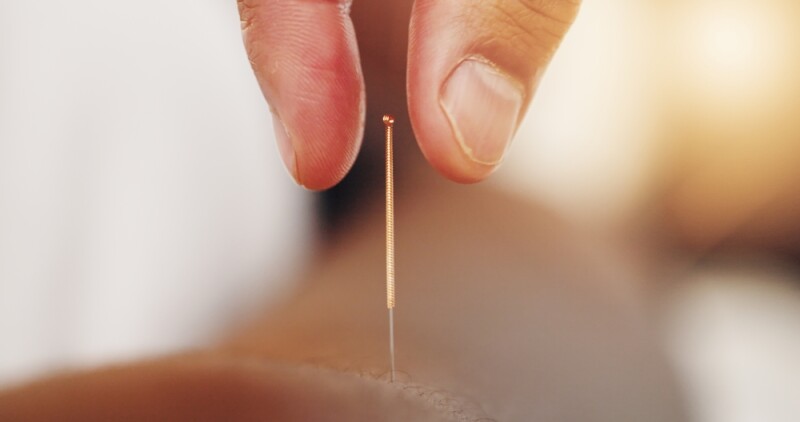Study looks at child resilience to novel coronavirus
Many children with the novel coronavirus COVID-19 in 26 countries fared well clinically compared to adults during the first four months of the pandemic, according to a new study from the Long School of Medicine at The University of Texas Health Science Center at San Antonio and published in the journal EClinicalMedicine.
For the study, researchers compiled data from 131 studies and encompasses 7,780 patients who span the pediatric age spectrum. They found 19 percent of the pediatric population with COVID-19 had no symptoms, 21 percent exhibited patchy lesions on lung X-rays, 5.6 percent suffered from co-infections, such as flu, on top of COVID-19., and 3.3 percent were admitted to intensive care units. Seven deaths were reported, according to the study.
The most frequent symptoms, similar to the adult population, were fever and cough. Those were found in 59 percent and 56 percent of the pediatric population, the researchers said.
In 233 individuals, a past medical history was noted, and among this group, 152 were children with compromised immune systems or who had underlying respiratory or cardiac disease. The number of children with excellent outcomes surprised the research team. Most journal articles were from China. The largest study that was included was a case series of 2,572 patients reported by the U.S. Centers for Disease Control and Prevention (CDC) COVID-19 team.
Laboratory measures that were consistently abnormal in pediatric COVID-19 patients included inflammatory markers such as creatine kinase, interleukin-6, and procalcitonin, the researchers said.
Only a small number of patients met inclusion for multisystem inflammatory syndrome in children. Their disease paralleled the extreme forms of COVID-19 seen in adults.
Kidney failure was seen in nine pediatric patients, liver failure also in nine and shock in 19. Mechanical ventilation was required by 42 patients.
The study does not take into consideration a new surge of patients in New York, England, and Italy where specialists are now starting to see children with multisystem inflammatory syndrome, the researchers said.
Editor's note: Click here for more information and ongoing COVID-19 updates for integrative healthcare professionals.




















SHARE